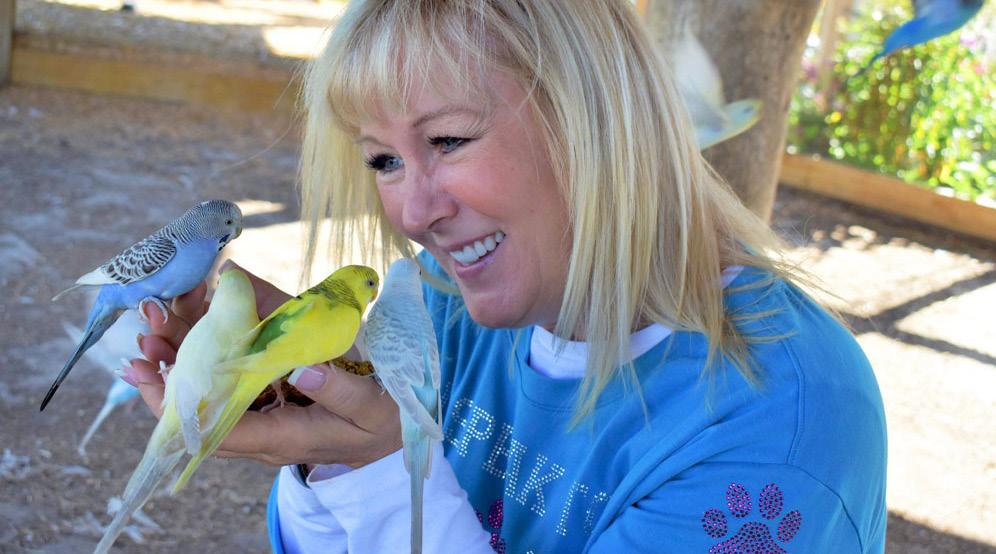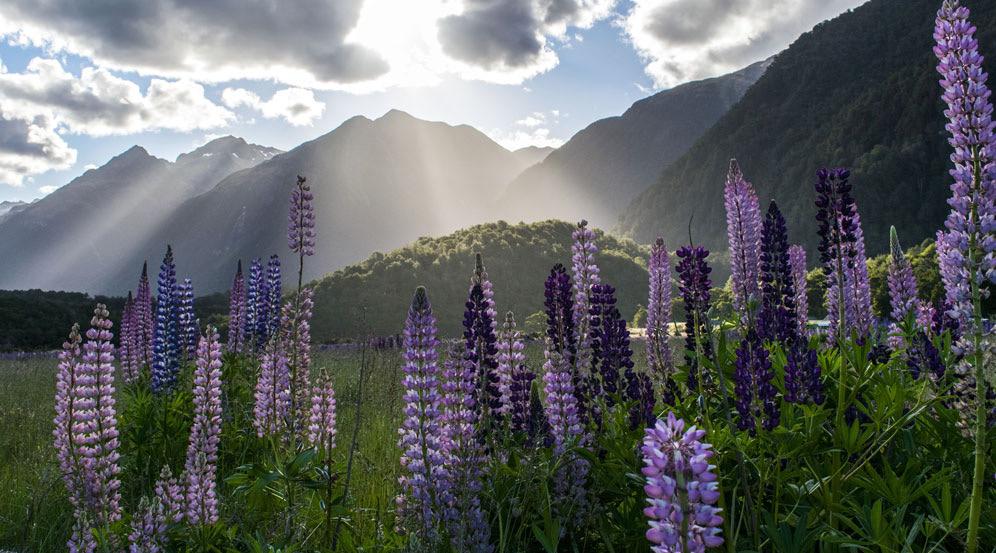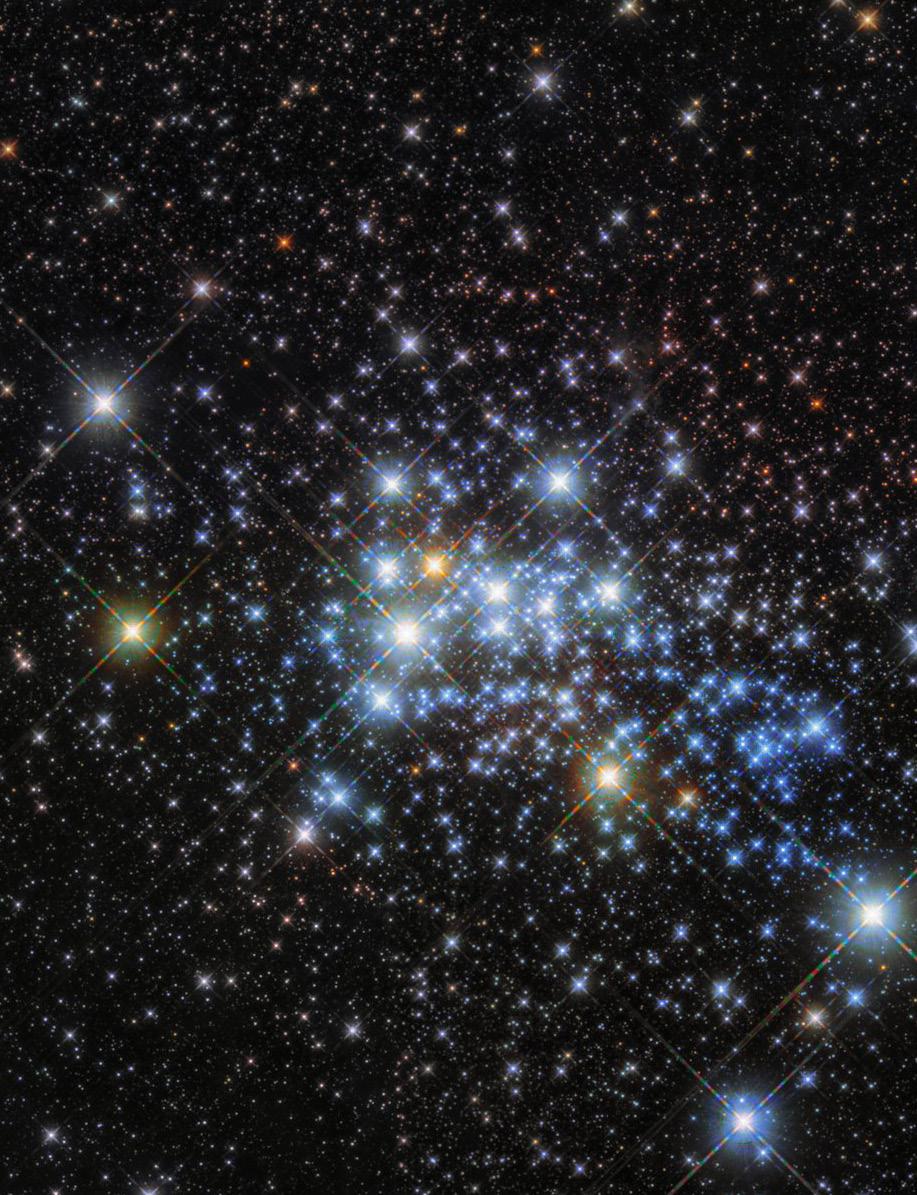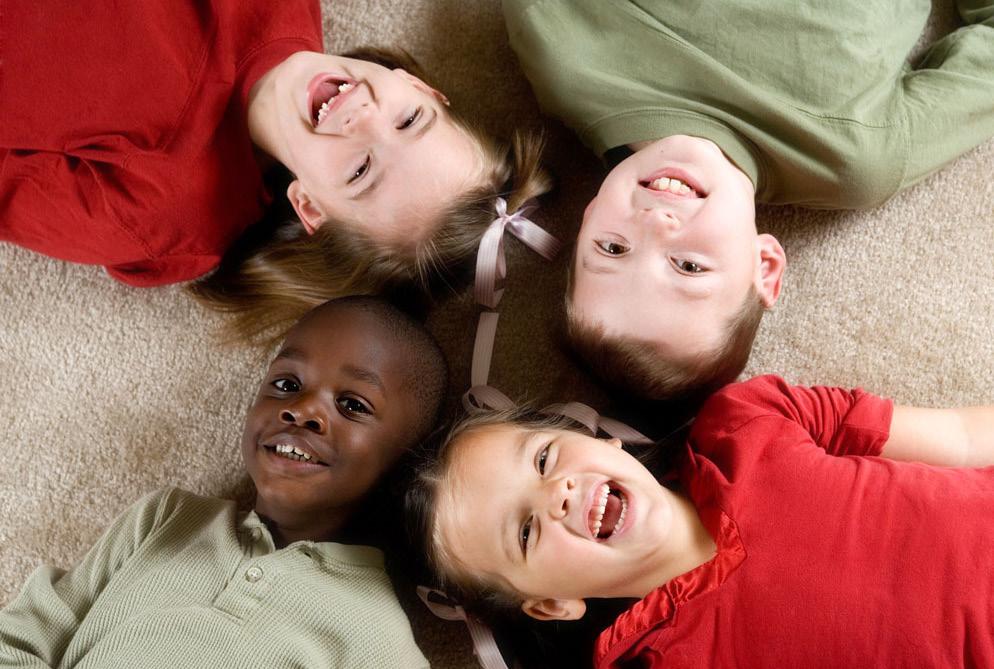
5 minute read
Relatives - Life's Very Large Surprise by Tony Cherette
Sacred Masculine
Relatives‑ Life’s Very Large Surprise
Advertisement
By Tony Cherette
In 2020, we see and read much in the news about relatives in various forms, from articles talking about how families had to shelter-in-place to postponed weddings, graduation, and celebrations. It seems the one common denominator in those stories is the idea of “family.”
First, let’s start with a loose definition of “relative.”
It is one who is connected to another, either through marriage or blood. As far as “family,” it generally is known as a group of descendants or children and parents in a household. While there are differences in the definitions, it seems to come down to principals who interact with one another.
I think we can agree to expand that definition outwards a touch to strike a more accurate note on who is and who isn’t a “relative.”
Think for a moment when you were a younger person, and a holiday would come around, imbuing in you a sense of excitement to see your favorite aunt or uncle. Or trepidation. How would you mentally prepare a few things to ask that favorite person or play out in your mind a conversation you either wanted to finish or start anew with them? Having a favorite “relative” or being the “favorite” relative is a rite-of-passage in many social groups. Speaking of a rite of passage, let’s drop into a discussion of “family-by-choice.”
Many have heard of the life-saving as a well innovative concept of “family-by-choice” as well as established that particular network in their own lives. I seem to resonate with the definition of this concept as being people we feel akin to whom we prefer to spend time, energy, money, and love on and with. Elective “relatives” or “family” if you will.
Stop a moment and think of people whom you would like to see more often, deepen relationships with as well as simply share a laugh with. Write a quick list of those names and permit yourself to email them within a week. You may want to see them at your next holiday gathering or celebration and, more importantly, give them a higher priority in your life.
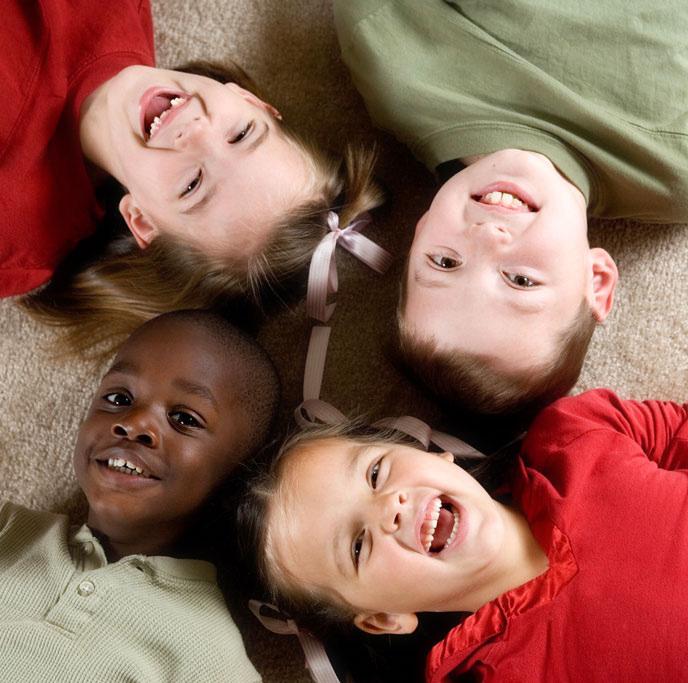
Speaking of those types of gatherings, I know it can be stressful for some folks to think of their blood relatives/families as not all folks have kind, caring, rational, or simply enjoyable folks in their group. For those of you who don’t like or love their relatives, the idea of picking a new group is a goal worth your consideration.
Can I swing wide for a moment and talk with regard to how “relatives” are seen in Native American and Indigenous culture?
The terms “relative” and “relation” can be utilized interchangeably or individually in many tribal groups and generally indicate a clan membership, an adopted relation, a birth relation, or someone who is thought of in kindly terms with no genetic connection.
Each tribe generally has extensive histories with clan relationships, and I mention this as it can impact much socially within a tribe. It influences marriages, gatherings, types of ceremonies as well as how and when an Elder may share their wisdom.
One tenet held within many of the 567 Federally recognized tribes as well those who have not achieved Federal recognition, is the idea of how someone who is outside of a Native family actually can become a “relative” or “relation.” We referenced this above, so let’s expound on this particular “mystery.”
The process of welcoming someone into a tribe is complex in that it involves often times much ceremony, the seeking of a “sacred” name for the “new” relative as well as gifting, announcements, and the like. For Native American people, a person can come into their lives and become a beloved “member” of their tribe or Nation without the benefit of blood, sometimes. As mentioned, this centers around the relationship itself and is practical as well. An example is a child from one tribe who is adopted into another one and then becomes a member of the Clan system of governance, direction, and purpose.
Have you ever been to a sweat lodge and participated in a cleansing ceremony?
Sweats are universal in that many, many cultures have a form of sweating with ‘hot’ rocks and seeking purification. They are not unique to this land. However, the way and means that sweats are conducted on Turtle Island have specific, Indigenous protocol, native to this land. From the selection of the Lodge Chief to the rock carriers, there are strict and functional rules to ensure the sacredness of the ceremony is put into play.
One of the most useful ideas of a sweat comes from the clan relations. Some of them are responsible for the sweat ceremony and are tasked with the well-being of the community’s mental health. As such, some will “put” up a sweat for a US veteran of their tribe, whether active or inactive status, to help them reenter the community after being away on duty. Or if they are inactive, to help deal with, for instance, PTSD. The wise old ones knew the sense in making sure they didn’t allow returning folks to carry those war energies further into the “relations” or “family structures.
We’ve covered a few ideas on the nature of “relations” and “family.” It seems that given how much connection and contact we all desire, whether introverted or extroverted or a combination of each, “relations” are almost always a part of that.
I am going to leave you with a question to consider, or more accurately, an exercise.
Sit down with a pen and paper and write a list of your favorite relative(s). Write a short explanation next to their name as to why they are your favorite and what you would like to receive from them this year and what you would like to gift to them.
This focus gives you purpose in defining the relationships which make you the most satisfied and happy, and I can’t think of a better goal for the remaining seasons in 2020 than to find satisfaction and joy among those who you love and like in life.
About Tony Cherette

Anthony D. Cherette is a Medium with 35 years of experience. He is also an Elder and registered tribal member of the Annishnabeg Nation.
Anthony is also a legal professional, a parent, a community activist and Two-Spirit human.
He is a contributing writer of Star Nations Magazine who is happy you are reading his articles.
www.starnations.org

